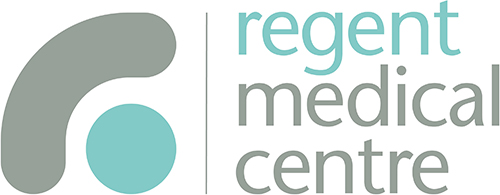Menopause Group Consultation Appointments
A New Approach to Managing Your Menopause
Group Consultations
Managing your menopause can feel overwhelming at times, but help is available in a new and exciting way.
Group consultations give expert care in a small group. They offer personal support and a chance to share and learn from others.
Many people find these sessions helpful. They can build your confidence and help you make positive changes in your life.
You might even get answers to questions you didn’t know you had. And you’ll feel supported every step of the way.
What happens in a Group Consultation?
You’ll join a group of about 8 people who want to talk about their health and well-being.
The group meets at a set time with a facilitator, an administrator, and a specialist.
Each session lasts around 90 minutes. This gives you more time to ask questions and learn than in a one-to-one appointment.
How does it work?
A trained facilitator leads the session and keeps things running smoothly.
There are a few parts to the consultation:
- Introductions – Everyone briefly shares who they are and why they joined.
- Results Board – The facilitator helps you fill out a simple chart. This might include symptoms, blood pressure, and treatments you’ve tried.
- Question Time – You’ll be asked to think of a question about your own experience.
- Expert Talk – The clinical expert talks about common issues seen in the group.
- One-to-One Time – Each person has a short chat with the expert, while others listen and learn.
- Reflection and Goals – The group talks about what they’ve learned. You’ll be asked to set a small goal to help you move forward.
What Do Patients Say?
Group consultation appointments can make a big difference.
Here’s what patients who took part in our first Menopause Group Consultation Appointments said:
100%
Rated the session as Good or Very Good.
78%
Would definitely recommend Group Consultations to others.
100%
Said they better understood their menopause after the session.
89%%
Said they could better cope with their menopause after the session.
“Really useful to openly discuss symptoms, share experiences and get some advice.”
“[The session] Allowed ladies who are stressed and sad to share their feelings and realise that they are not alone. Plus, great advice on medication needs and future treatment.”
Sign Up
Group consultations are a simple and positive way to improve your health.
They help you take control of your menopause and connect with others who understand what you’re going through.
